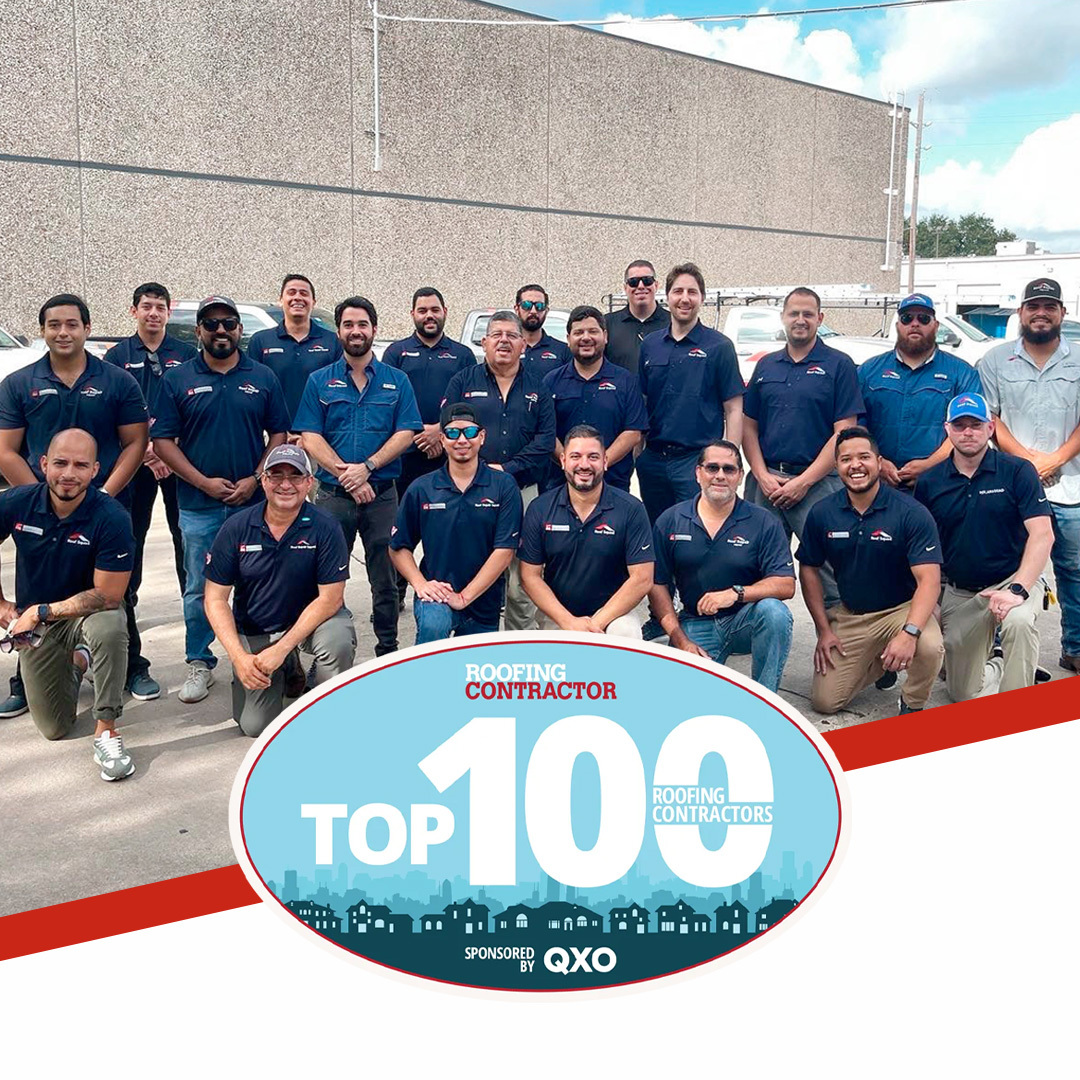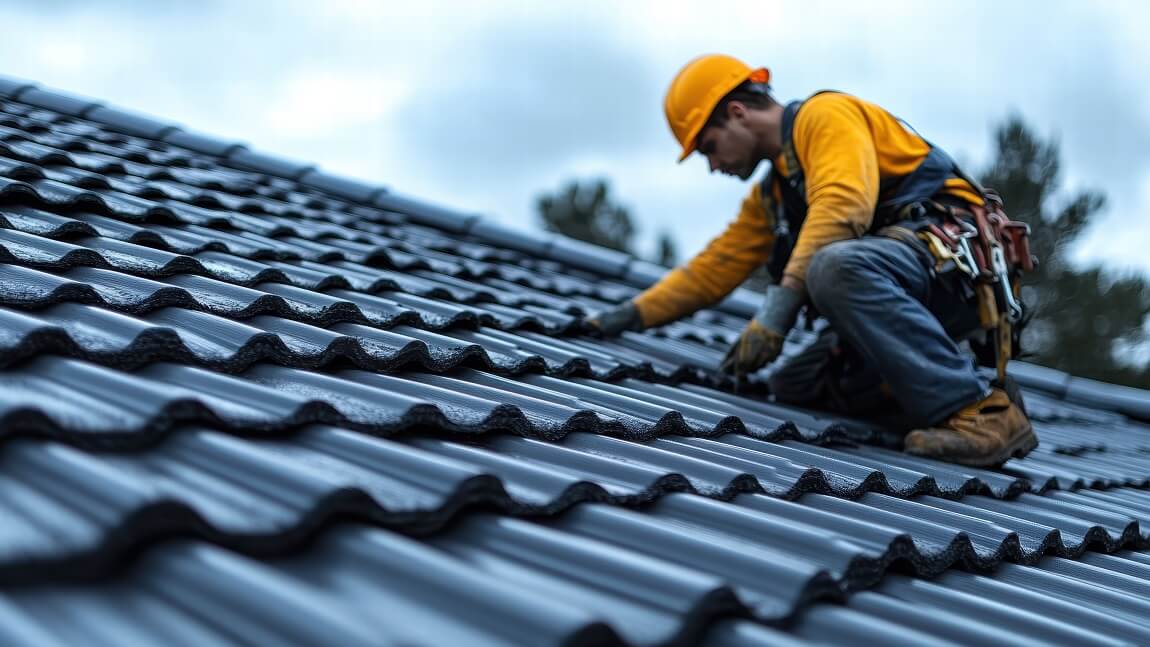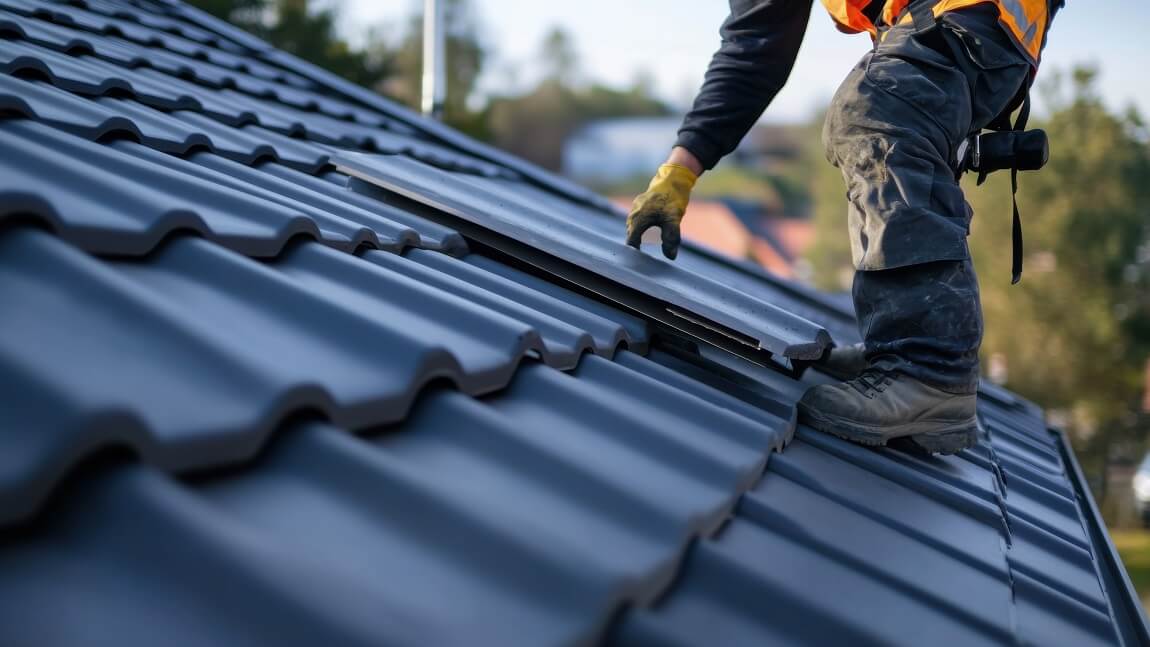Roof insurance is a crucial aspect of homeownership in Colorado, given the state's susceptibility to severe weather conditions. Understanding the intricacies of roof insurance can save homeowners from financial setbacks in the event of damage.
Continue reading to learn the top four things you need to know about roof insurance in Colorado.
Actual Cash Value (ACV) vs. Replacement Cost Value (RCV)
If you are selecting a roof insurance policy in Colorado, one of your most essential choices would be between Replacement Cost Value (RCV) and Actual Cash Value (ACV). ACV policies factor in the depreciated value of your roof, meaning you'll receive coverage based on its current worth, considering age and wear.
On the other hand, RCV policies cover the cost of replacing your roof with a new one of similar quality, irrespective of its age. While ACV policies often have lower premiums, RCV policies provide more comprehensive coverage, especially for newer roofs. Assessing the age and condition of your roof can help you determine which type of coverage aligns best with your needs and budget.
Flat Rate Deductibles vs. Percentage Deductibles
Deductibles play a significant role in roof insurance, impacting the out-of-pocket expenses you'll incur in the event of a claim. In Colorado, homeowners can choose between flat rate deductibles and percentage deductibles. Flat-rate deductibles are a fixed amount you're responsible for paying before your insurance coverage kicks in.
Percentage deductibles, on the other hand, are calculated based on a percentage of your home's insured value. Percentage deductibles are subject to the overall value of your property, whereas flat-rate deductibles provide a predictable cost. Understanding the implications of each deductible type is crucial in selecting a policy that aligns with your financial comfort and risk tolerance.
Code Coverage or Code Compliance Insurance
Like many states, Colorado has building codes that are periodically updated to enhance safety and construction standards. In the event of roof damage, bringing your roof up to code compliance may be necessary. Code Coverage, or Code Compliance Insurance, is an endorsement homeowners can consider adding to their policies. This coverage helps bridge the gap between repairing or replacing your roof and the expenses associated with complying with the latest building codes. Incorporating Code Coverage into your policy can be a wise decision to ensure that your roof meets current standards and regulations.
Cosmetic Waivers for Roofing Insurance
Cosmetic damage to roofs, such as minor dents or scratches, may not always be covered by standard insurance policies. However, homeowners can explore the option of cosmetic waivers to address this coverage gap. Cosmetic waivers are endorsements that expand the scope of coverage to include aesthetic damage that doesn't compromise the roof's structural integrity. This can be particularly relevant in Colorado, where hailstorms are common and may result in cosmetic damage. Reviewing your policy for the inclusion of cosmetic waivers can provide additional peace of mind regarding the overall protection of your home.
When it comes to roofing solutions, trust Roof Squad to be your dependable partner. Contact us today for more information.










